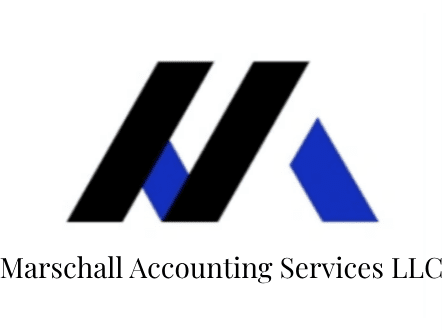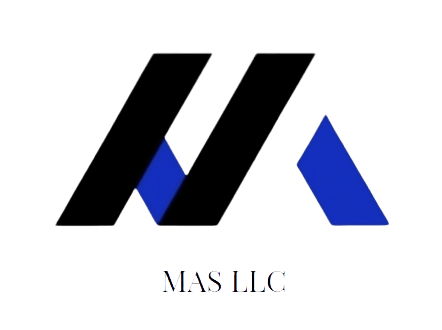Introduction:
Starting a small business is an exciting venture that often comes with various costs and expenditures. To assist entrepreneurs in the initial stages of business development, the Internal Revenue Service (IRS) offers allowances for start-up expenses. Understanding and properly utilizing these allowances can significantly benefit small businesses, providing them with the financial flexibility needed to establish a solid foundation. In this article, we will explore the IRS allowance for start-up expenses and how small businesses can make the most of this opportunity.
Defining Start-Up Expenses:
Start-up expenses are the costs associated with creating or acquiring a business, and they are incurred before the business begins its active operations. These expenses can include market research, advertising, legal fees, employee training, and other costs directly related to getting the business up and running. While these expenses are necessary for launching a successful venture, they can pose a financial challenge for small businesses, especially in their early stages.
IRS Allowance for Start-Up Expenses:
The IRS acknowledges the financial burden that start-up expenses can impose on small businesses and provides a way to recoup some of these costs. According to the tax code, businesses can elect to deduct up to $5,000 of their start-up expenses in the first year of active trade or business. However, this allowance phases out on a dollar-for-dollar basis once total start-up expenses exceed $50,000.
Additionally, any start-up expenses that exceed the $5,000 allowance can be amortized over a period of 180 months (15 years). Amortization allows businesses to deduct a portion of these expenses each year, providing a more extended period for the recovery of these costs.
Eligibility and Election:
To qualify for the IRS allowance for start-up expenses, businesses must meet certain criteria. The election to deduct start-up expenses is available for individuals, partnerships, corporations, and limited liability companies (LLCs). However, the election must be made on a timely filed tax return, including extensions.
It is important to note that businesses must actively engage in a trade or business for the deduction to apply. If a business does not commence operations or becomes inactive, the deduction may be disallowed, and any deducted amounts may need to be recaptured.
Maximizing the Benefit:
Small businesses can maximize the benefits of the IRS allowance for start-up expenses by carefully planning and documenting their eligible costs. Here are some tips for entrepreneurs looking to make the most of this allowance:
One: Keep Detailed Records
Maintain thorough records of all start-up expenses, including receipts, invoices, and documentation that clearly establishes the connection between each expense and the business’s launch.
Two: Understand Eligible Expenses
Familiarize yourself with the types of expenses that qualify for deduction. While many start-up costs are eligible, certain items may be excluded, so it’s essential to have a clear understanding of what the IRS considers allowable.
Three: Make the Election Timely
To take advantage of the start-up expense deduction, businesses must make the election on their tax return in the first year they actively engage in a trade or business. Failing to do so may result in the loss of this valuable tax benefit.
Four: Consider Amortization
Evaluate whether it makes sense to amortize start-up expenses over the 15-year period. Depending on the business’s financial situation, this approach could provide a more advantageous long-term tax strategy.
Conclusion:
The IRS allowance for start-up expenses offers small businesses a valuable opportunity to ease the financial burden associated with launching a new venture. By understanding the eligibility criteria, making timely elections, and carefully documenting expenses, entrepreneurs can maximize the benefits of this deduction. As small businesses navigate the complexities of their early stages, leveraging the IRS allowance for start-up expenses can contribute to a more financially sound and sustainable future.




